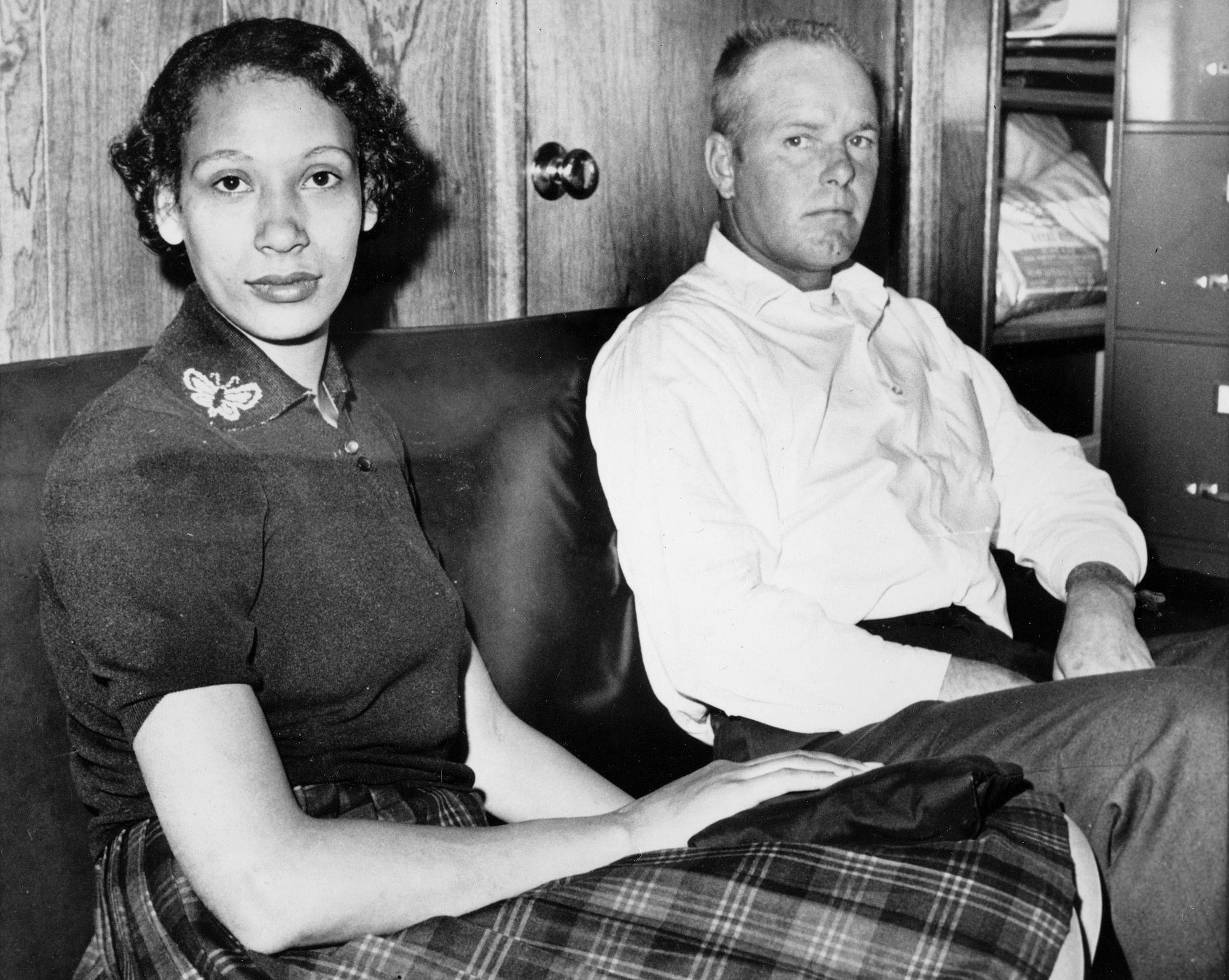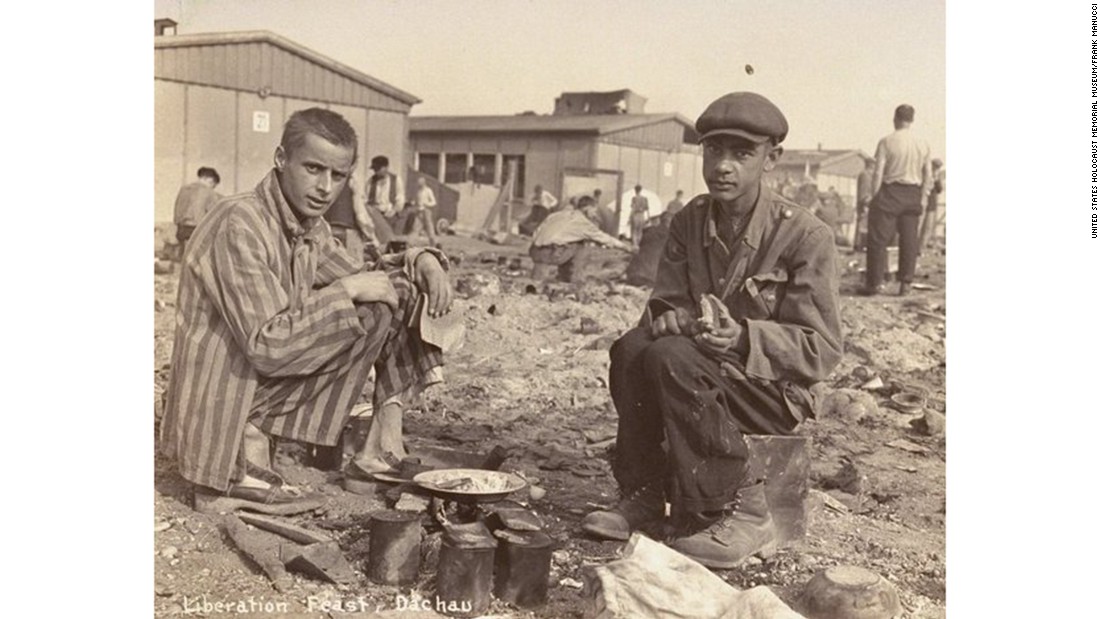I Got a Rapper to Take Me to McDonald’s in His LimoPosted in Articles, Autobiography, Media Archive, United States on 2017-07-27 01:21Z by Steven |
I Got a Rapper to Take Me to McDonald’s in His Limo
Lenny Letter
Number 96
2017-07-25
Novelist Danzy Senna on her chance meeting with rapper Doug E. Fresh after a 1985 concert.
Nineteen eighty-four. That was the year my mother discovered she’d given birth to a two-headed monster. Me and my sister. That was the year we turned fourteen and fifteen. We were only one year apart, Irish twins. Like real twins, we moved through the world as one entity. We spoke in code. We dressed in each other’s clothes. My mother referred to us as “the girls.” We didn’t look very much alike, but our voices were remarkably similar. When my father called the house, he couldn’t tell which of us was on the other line. He confused our names so regularly that it became a kind of new, conjoined name. D’anlucien. Or Lu’anzy.
We hadn’t always been that monster. For my mother, an experimental poet, an unreconstructed socialist who had raised us on the poetry of Bernadette Mayer and the music of Patti Smith, what we became in 1984 was a particularly pointed bad joke. As a white woman raising black children, she’d been righteous and conscious, trying to raise two strong black women. She’d surrounded her daughters with powerful black women, godmothers and aunts, womanist trailblazers. She gave me a copy of The Bluest Eye to read when I was ten.
We weren’t coming out the way she’d planned. At those readings she dragged us to at St. Mark’s Poetry Project in New York all the way from our home base in Boston, we spent our time not listening and instead twisting our Barbie dolls into increasingly pornographic positions, using our little brother’s GI Joe as their soul mate. We found the poetry readings weird as fuck — what kind of gibberish were they spewing up there? All her poet friends seemed drunk to us. We sat side by side in at a dark table at the Ear Inn, sipping our Shirley Temples, giving my mother’s bohemian friends the stank-eye.
My mother looked at us across a table and said, “I don’t think I’ve ever encountered two meaner girls.”…
Read the entire short story here.






.jpg)
